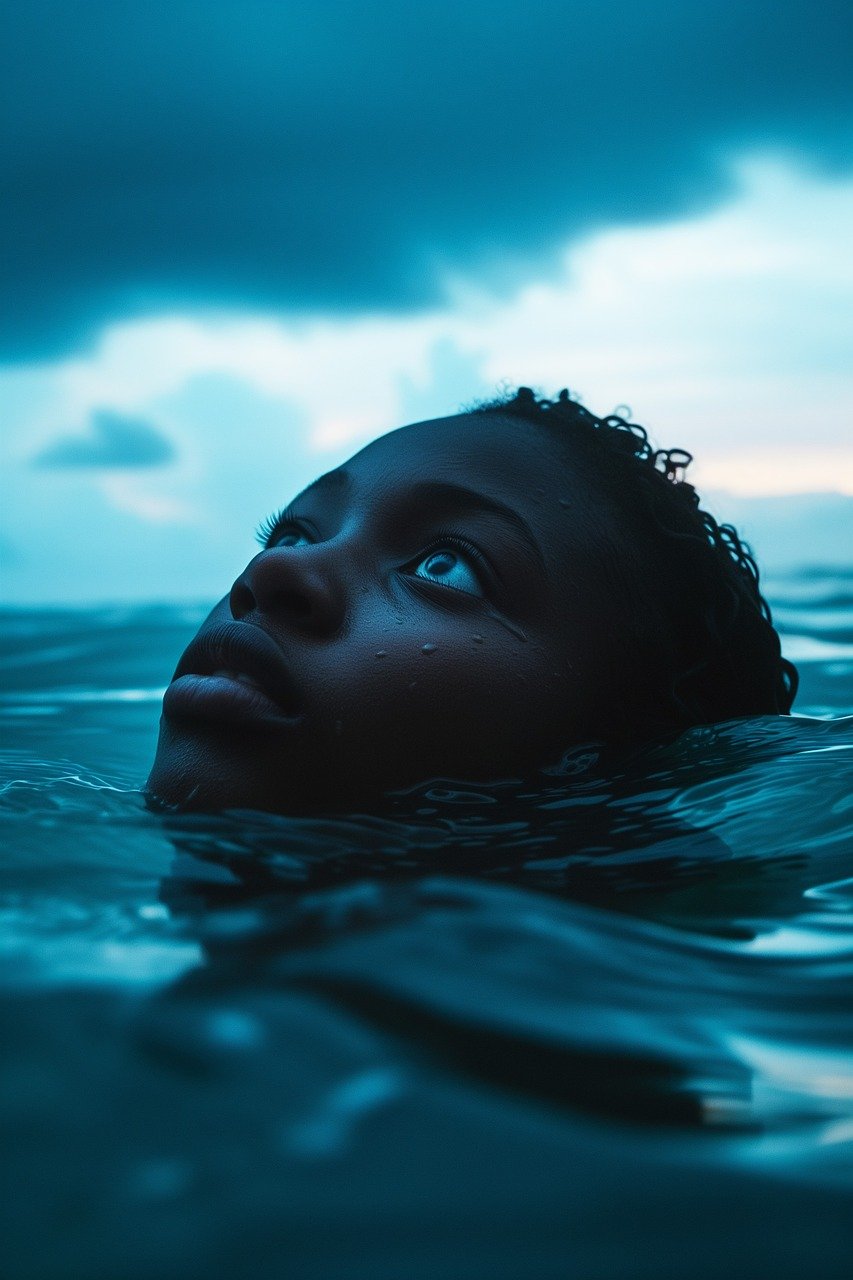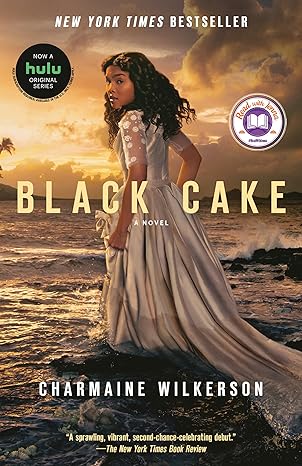Family Secrets and Heart Scars
All happy families are alike; each unhappy family is unhappy in its own way. ~ Leo Tolstoy, Anna Karenina
Author: Charmaine Wilkerson
Sometimes, the only thing left that can bring the broken back together is tragedy. This has proven true for estranged siblings Byron and Benny Bennett. Their father died years ago, and Benny refused to come to his funeral, cementing the family fracture. Now, their mother has passed suddenly, and Benny is back, confronting her brother and her past, trying to make sense of where it all fell apart. But it’s a past that neither sibling can begin to truly understand. In the freezer, their mother has left a traditional Black Cake (“you’ll know when”) and with the family lawyer, she has left an in-depth recording, explaining everything.
Thus begins the story of Eleanor Bennett, the supposedly staid, traditional mother of Benny and Byron. But Eleanor has been hiding a lifetime of secrets, each more deadly, more exceptional, more sensational than the last. Her children, it seems, never knew the real Eleanor, and it’s only her voice now, on a recording, reaching beyond death, that explains life and the mistakes that were made.
The story takes readers back and forth in time, weaving in and out of the minds and hearts of the children and the parents and even the grandparents and best friends. It’s an epic tale, to be sure, one that culminates around a small Caribbean island where the secrets and the running started, where one woman dared to carve out her own place in the world, expectations be damned. It’s a dangerous journey, though, and along the way, this woman must shed everything: heritage, identity, name, family, even children. It’s a story of morphing, of survival, of the ties that bind, of longing and bad decisions, of fear and love, of friendship and parents, of hope and neglect. It’s sweeping, and we can’t help but become entangled, especially in the past portion, in Eleanor’s story that unravels through the eyes of a young girl named Covey who loves a boy, loves to swim, and misses her mother.
The past portions are where Black Cake truly shines, and it’s the voice of Covey in the first 2/3 of the book that hooks us and tugs at our feelings and our imaginations. Part of this is because of the audacity of the story. It’s believable, but wild, exceptional, perilous. It’s hard not to feel alongside Covey and to wonder at her survival, despite everything. There are pulse pounding moments of daring escape, feelings of estrangement and determination, and a story that literally crosses continents. Covey is a heroine who is just as fragile as she is inevitably strong. She protects those she loves, even if it means literarily dying to herself and her home, and it’s Covey that we keep seeking in these pages, again and again. It’s her voice that we are drawn to hear.

Image by Aristal Branson from Pixabay
The other characters . . . well . . . they’re in the way of the story that matters. The siblings are poorly drawn, and snapping back to present day always comes as an annoyance. What about Covey? We don’t want to leave her on a cliff-hanger to hear how Byron’s staid world is a bit too docile, a bit too perfect, or about how Benny is finding herself through her fractured sexuality and literarily abandoning her family after one unfinished conversation. We don’t care. There is a woman swimming in a hurricane tossed Ocean, 50 years previously, fighting for her true self. To hell with Byron and Benny and their privileged problems, let’s get back to Covey!
Towards the last third of the book, Covey slips away, her story mostly spent, the other characters falling over each other to understand. Sometimes they become aware of their own insignificance in light of what they have learned, and they do make some half-hearted connection attempts, but we’re in a vacuum, grieving. We need Covey back. Her vibrancy. Her aliveness.
In the end, we get a new character, seemingly out of nowhere, named Marble. She is just one more person cluttering this narrative, trying to make the bridge between the past and the present. But the present is boring, honestly, and the past is where all the dastardly deeds lie, from murders and gangster related crime to true love and real sacrifice. It’s a sad ending then, for Eleanor, that her children are, in a way, so weak, after everything she did, after all that was revealed. We still enjoy the ending, because Charmaine Wilkerson can write a lyrical, beautiful novel, but we are truly divided. The present-day characters are not as well shaped, not as dynamic and demanding of our hearts. We want them excised from the story, or, better yet, more worthy of Covey.
This is my first time reading Charmaine Wilkerson, and I was impressed by this novel. True, it wasn’t perfect, but real greatness is here and so is true story craft. When Covey spoke, I was with her in the waves, in the lonely streets of London, in the sad after years of normalcy. I’ll read Charmaine Wilkerson again, and I wouldn’t be surprised to see myself do the unusual and catch the TV version of this tale. My imagination still sings with it, my palate still longs for the Black Cake, and my heart resides with an extraordinary young woman who dared and lost everything to remake herself anew. Highly recommended.
– Frances Carden
Follow my reviews on Twitter at: https://twitter.com/xombie_mistress
Follow my reviews on Facebook at: https://www.facebook.com/FrancesReviews
- Book Vs Movie: The Shining - April 6, 2020
- Thankful For Great Cozy Mysteries - December 13, 2019
- Cozy Mysteries for a Perfect Fall - October 20, 2019



